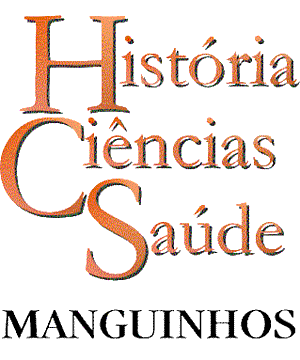In the 1920's and 30's the physician and epistemologist Ludwik Fleck developed a highly original ideas on science. These ideas were rooted in Fleck's own experience as bacteriologist and immunologist and, on the other hand, in the practice-based thought of the Polish School of Philosophy of Medicine. Fleck affirmed that 'scientific facts' are constructed by groups of scientists, in his terms, by "thought collectives". Each thougth collective elaborates a "thought style" which contains norms, concepts and practices of that collective. Newcomers to a professional community are socialized into its specific thought style and develop an unique way of viewing the world. Scientific facts produced by a given thought collective are therefore shaped by that collective's thought style, and are incommensurable with facts produced by other thought collectives. The incommensurability of scientific facts and its consequence, the need to 'translate' these facts into the style of different thought collectives in an inter-community use are, Fleck proposed, an important source of innovations in science and in society. Fleck ideas were rediscovered in the 1960's and 70's, first by Thomas Kuhn, who in the introduction to his book, The structure of scientific revolutions, acknowledges his ties with Fleck's thought, then by sociologists of science. Beyond their direct influence, Fleck's epistemology has many affinities with new trends in science studies, focused on the scientists' practices, and interested in their material, discursive and social techniques.
constructivism; history of science; sociology of science; philosophy of medicine; medical practice; laboratory studies
